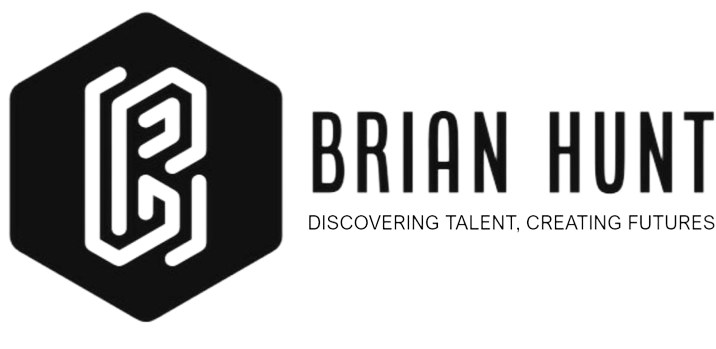Becoming a PHP developer involves a combination of education, practical experience, and continuous learning. Here’s a step-by-step guide to help you embark on a successful journey to become a PHP developer:
1. Learn the Basics of Programming:
Before diving into PHP, it’s essential to have a solid understanding of basic programming concepts. Learn about variables, data types, control structures, and functions. Familiarize yourself with concepts like loops, conditional statements, and arrays.
2. HTML and CSS Proficiency:
PHP is often used in conjunction with HTML and CSS for web development. Understanding how these languages work together is crucial. Learn to create and structure web pages using HTML and enhance their appearance with CSS.
3. Get Comfortable with JavaScript:
JavaScript is widely used for client-side scripting. As a PHP developer, you may need to work with JavaScript for creating dynamic and interactive web pages. Learn the basics of JavaScript to complement your PHP skills.
4. Learn PHP Basics:
Start learning PHP from reputable online resources, tutorials, or courses. Understand PHP syntax, variables, data types, operators, and functions. Practice writing simple PHP scripts to reinforce your learning.
5. Database Knowledge (MySQL):
PHP often interacts with databases to retrieve and store data. Learn the basics of database management systems, and specifically, get acquainted with MySQL, which is commonly used in conjunction with PHP. Understand how to perform basic database operations like querying, updating, and deleting data.
6. Build Simple Projects:
Apply your knowledge by working on small projects. Create a personal website, a blog, or a simple web application. Building projects helps reinforce your skills and provides a portfolio to showcase to potential employers.
7. Understand PHP Frameworks:
Familiarize yourself with popular PHP frameworks such as Laravel, Symfony, or CodeIgniter. Frameworks provide a structured way to build web applications, making development more efficient and maintainable.
8. Version Control (Git):
Learn how to use version control systems like Git. Version control is essential for collaborative development and tracking changes in your codebase.
9. Stay Updated with Industry Trends:
The tech industry evolves rapidly, and staying current is crucial. Follow blogs, participate in forums, and attend meetups or conferences to stay informed about the latest developments in PHP and web development.
10. Build a Strong Portfolio:
Assemble a portfolio showcasing your projects and demonstrating your skills. Include a variety of projects to highlight your versatility as a PHP developer.
11. Networking and Community Involvement:
Join PHP communities, forums, or social media groups. Networking with other developers can provide valuable insights, job opportunities, and a sense of belonging to the tech community.
12. Consider Formal Education:
While not mandatory, formal education in computer science or a related field can provide a solid foundation. Many successful PHP developers are self-taught, but a degree can open doors and enhance your understanding of computer science principles.
13. Apply for Entry-Level Positions:
Start applying for entry-level PHP developer positions or internships. Emphasize your portfolio, projects, and any relevant experience you’ve gained along the way.
14. Continuous Learning:
PHP and web development tools are continually evolving. Stay curious and commit to continuous learning to stay abreast of the latest technologies, frameworks, and best practices.
Becoming a PHP developer is a journey that requires dedication, practice, and a passion for coding. By following these steps, you can build a strong foundation and position yourself for a successful career in PHP development.

